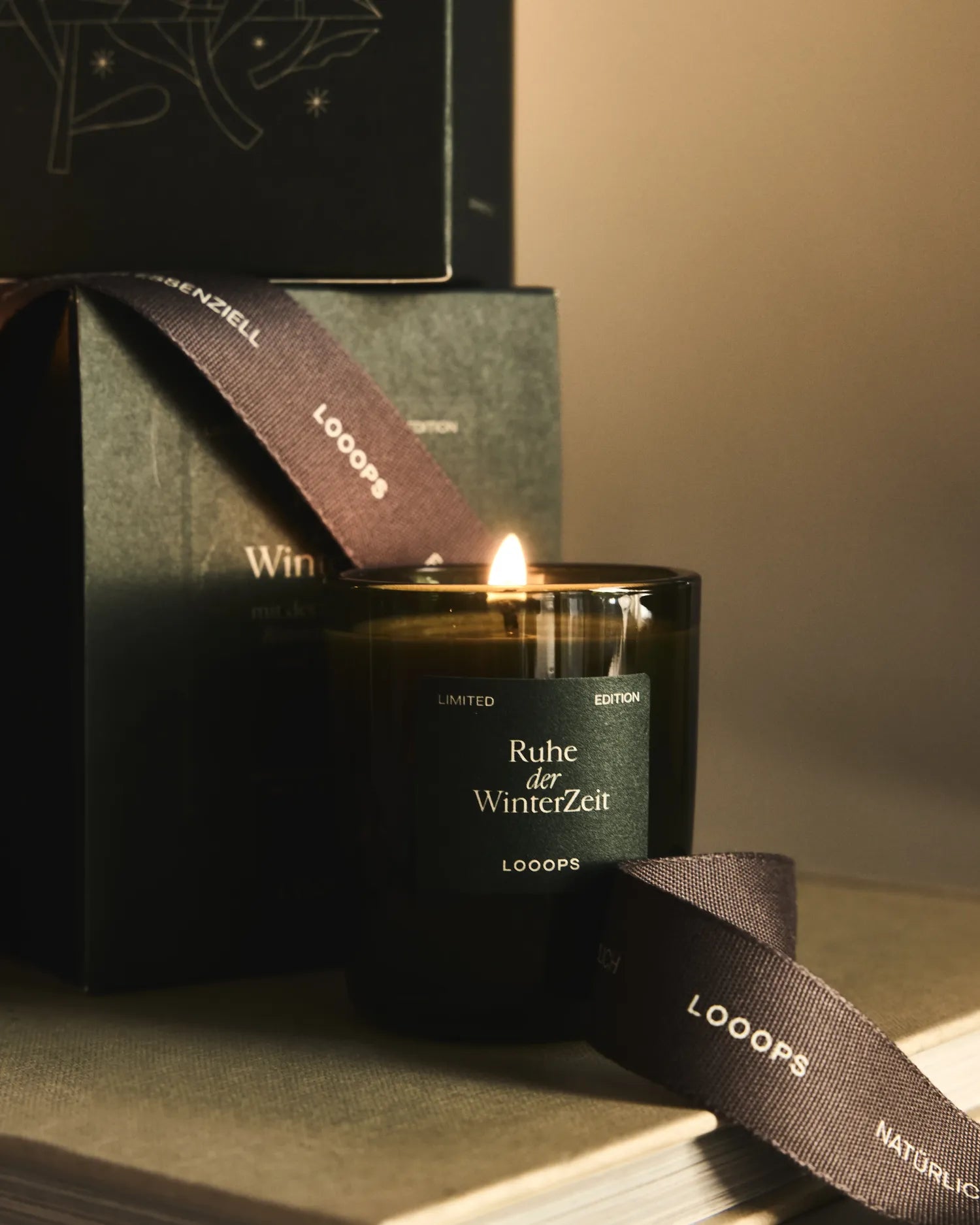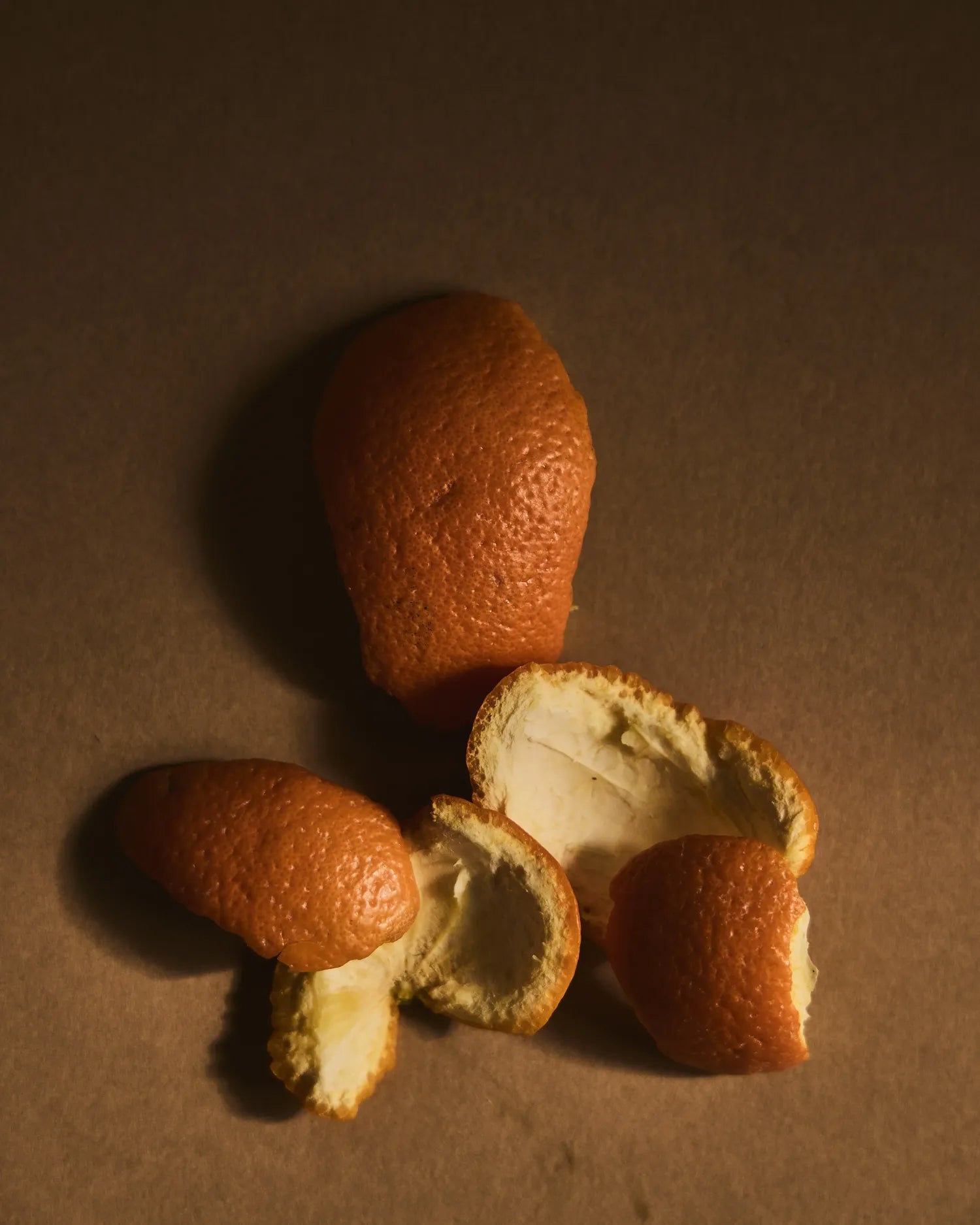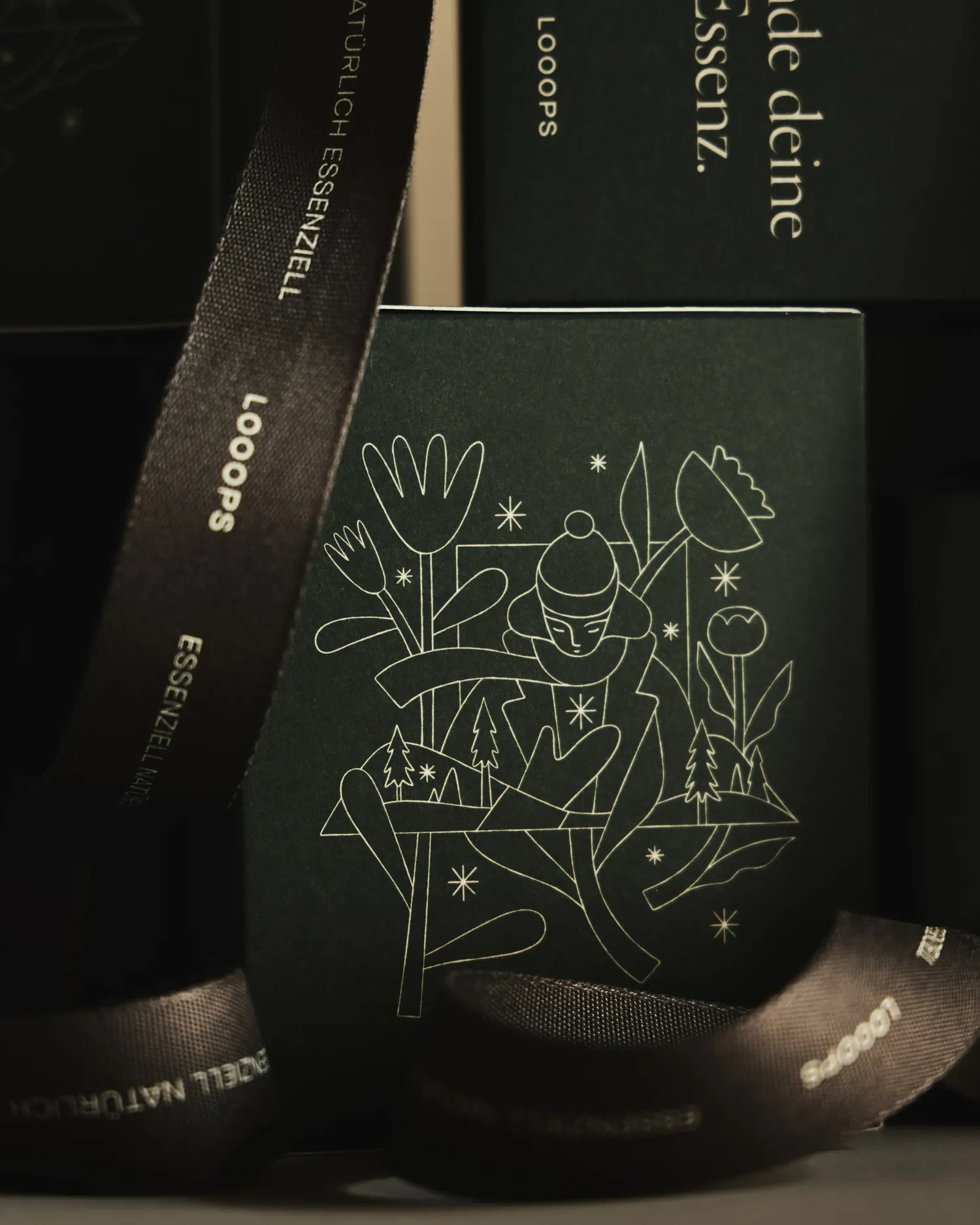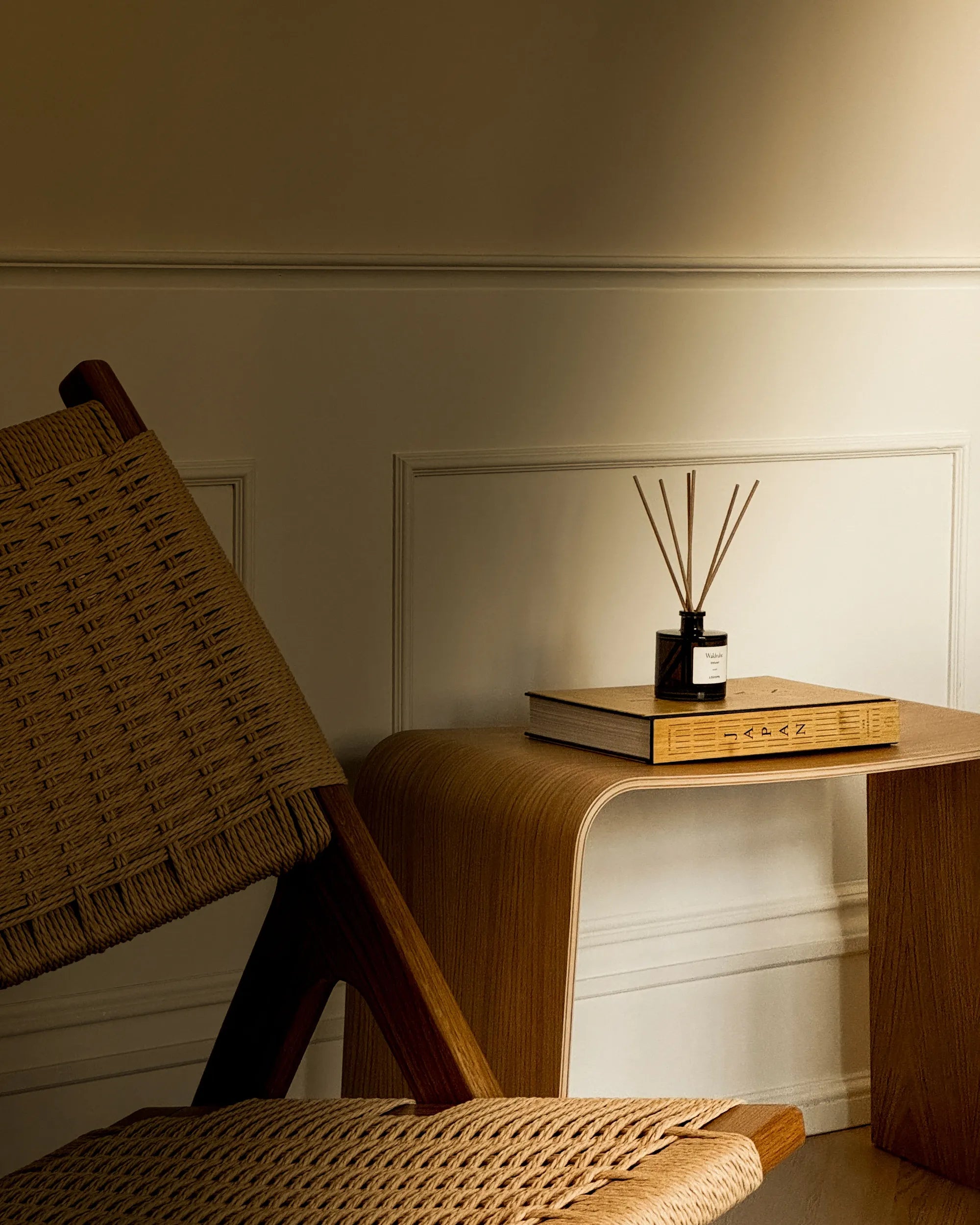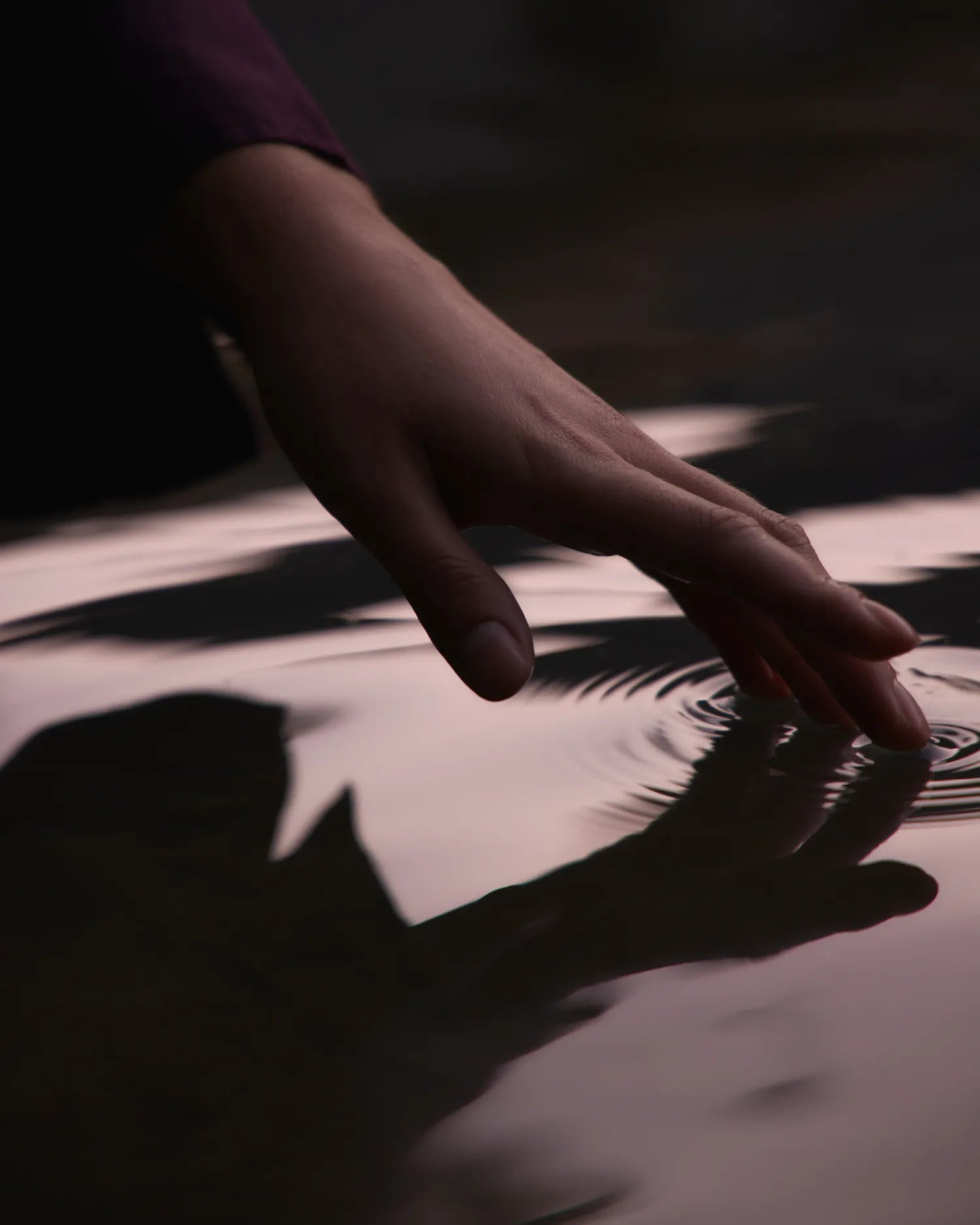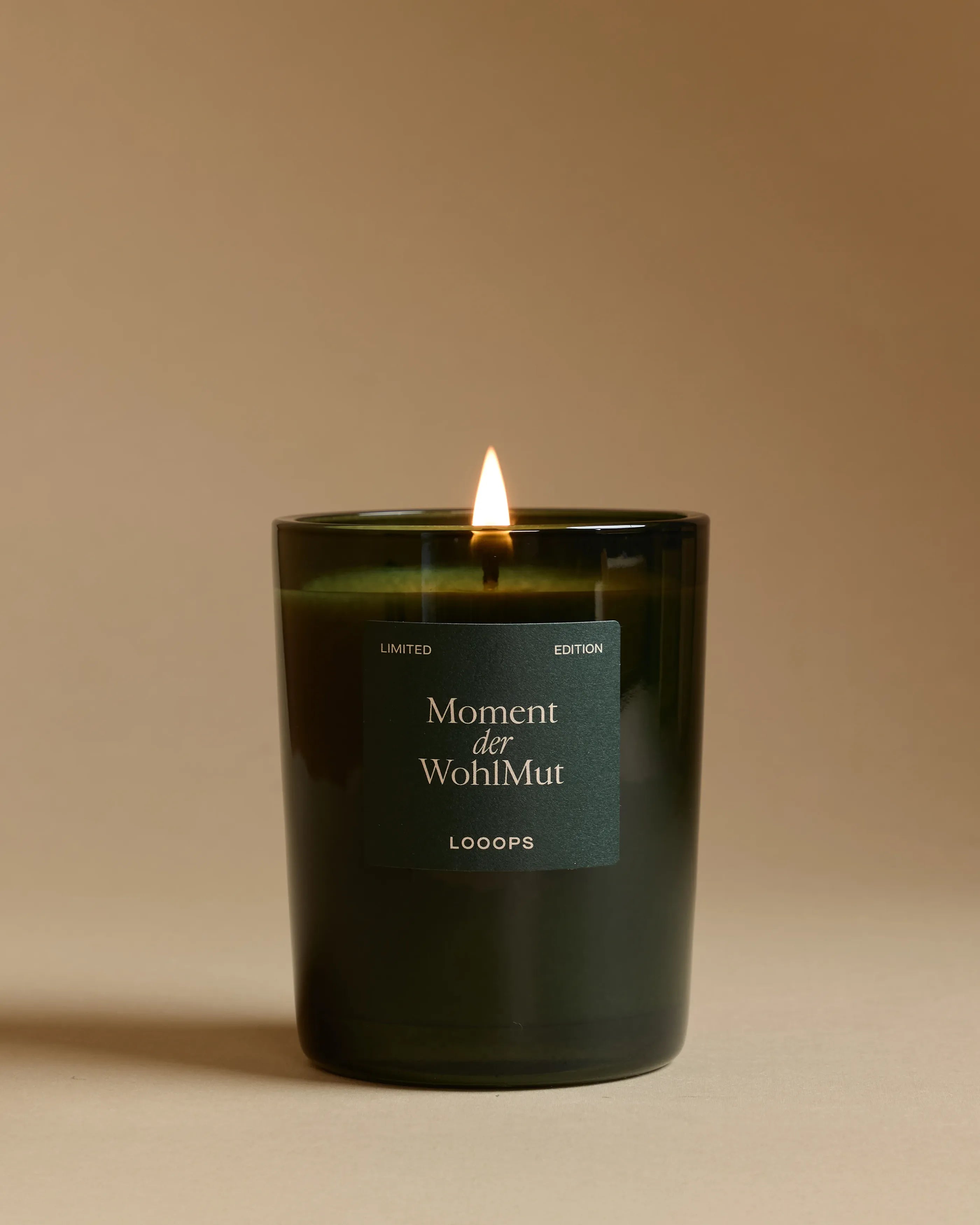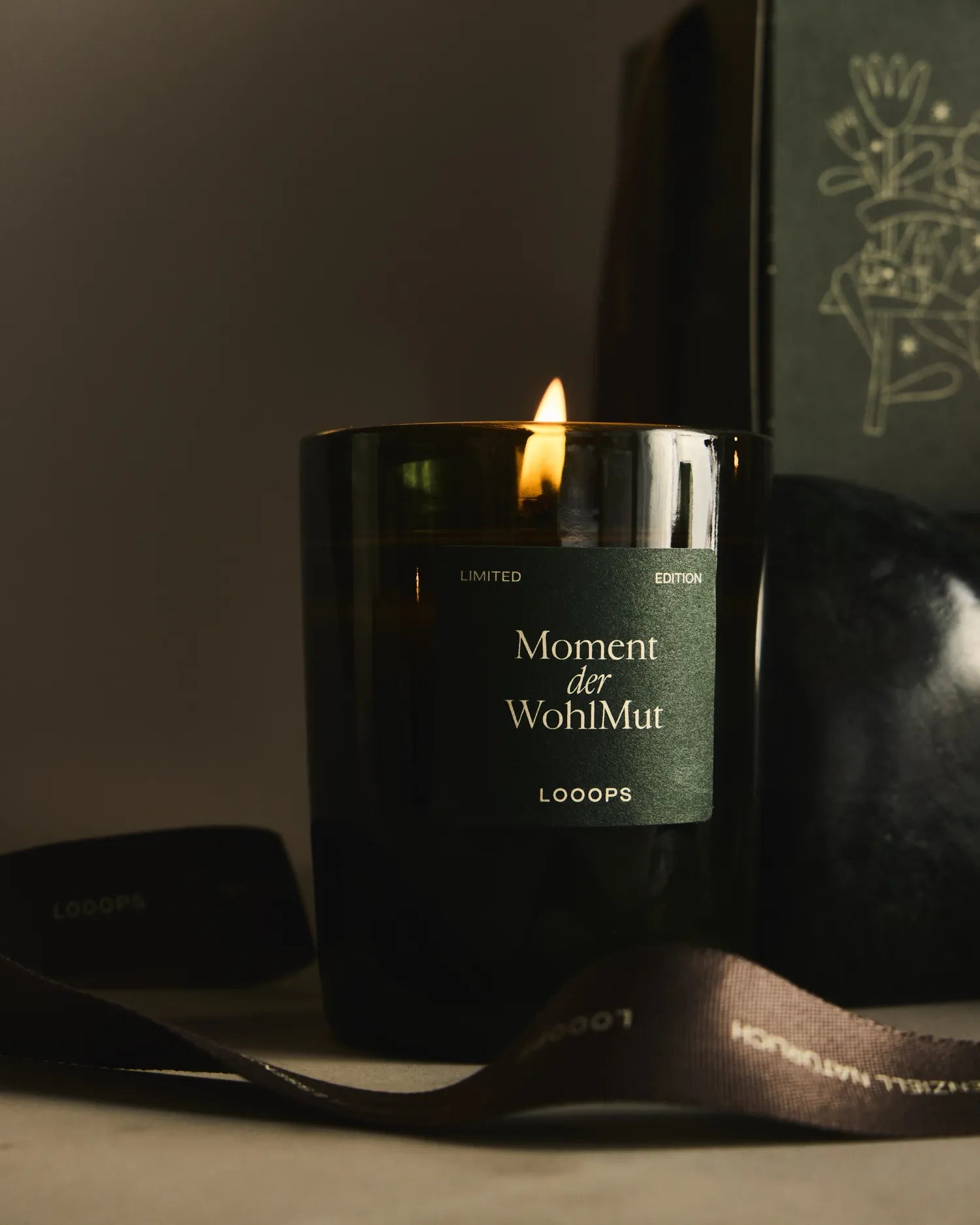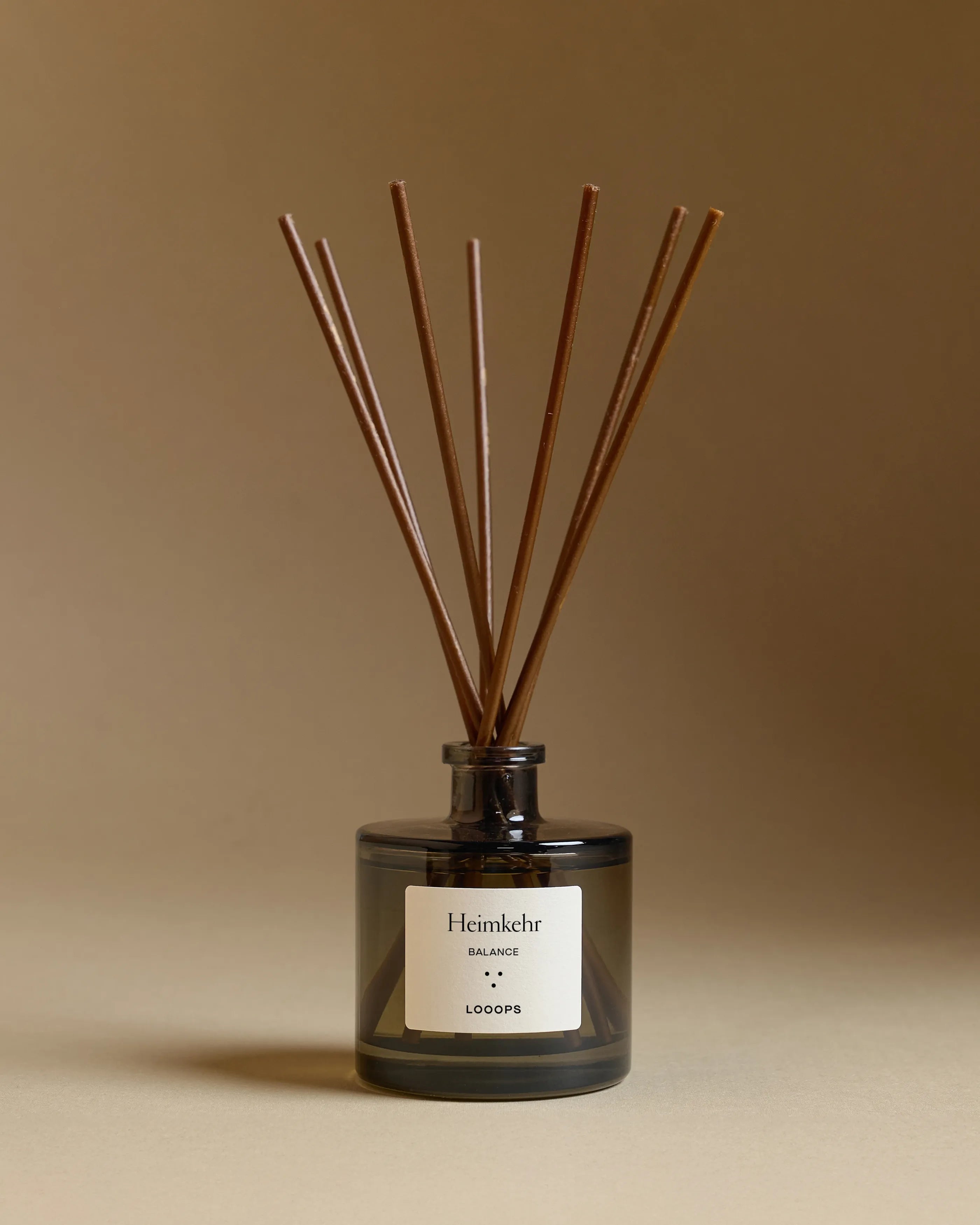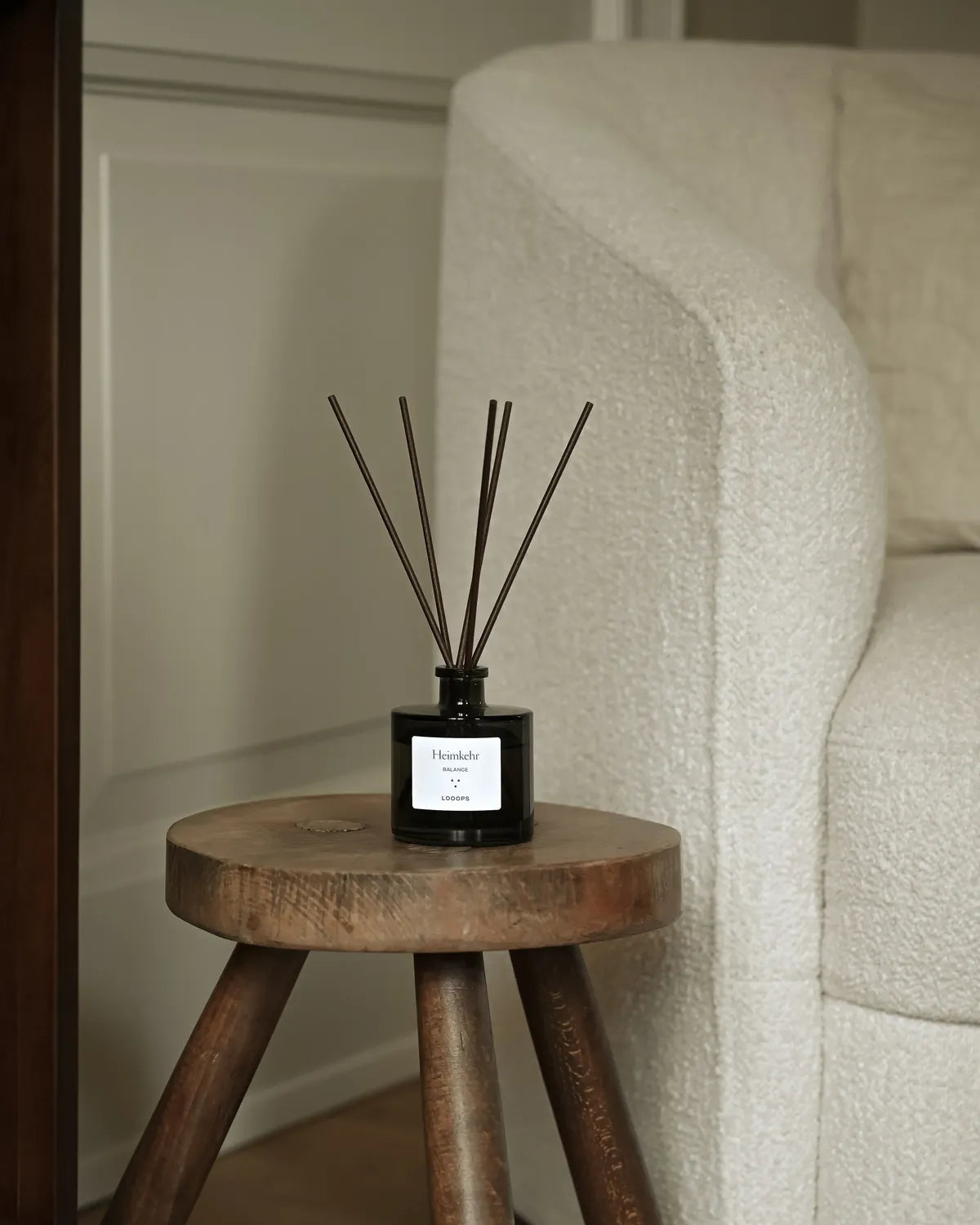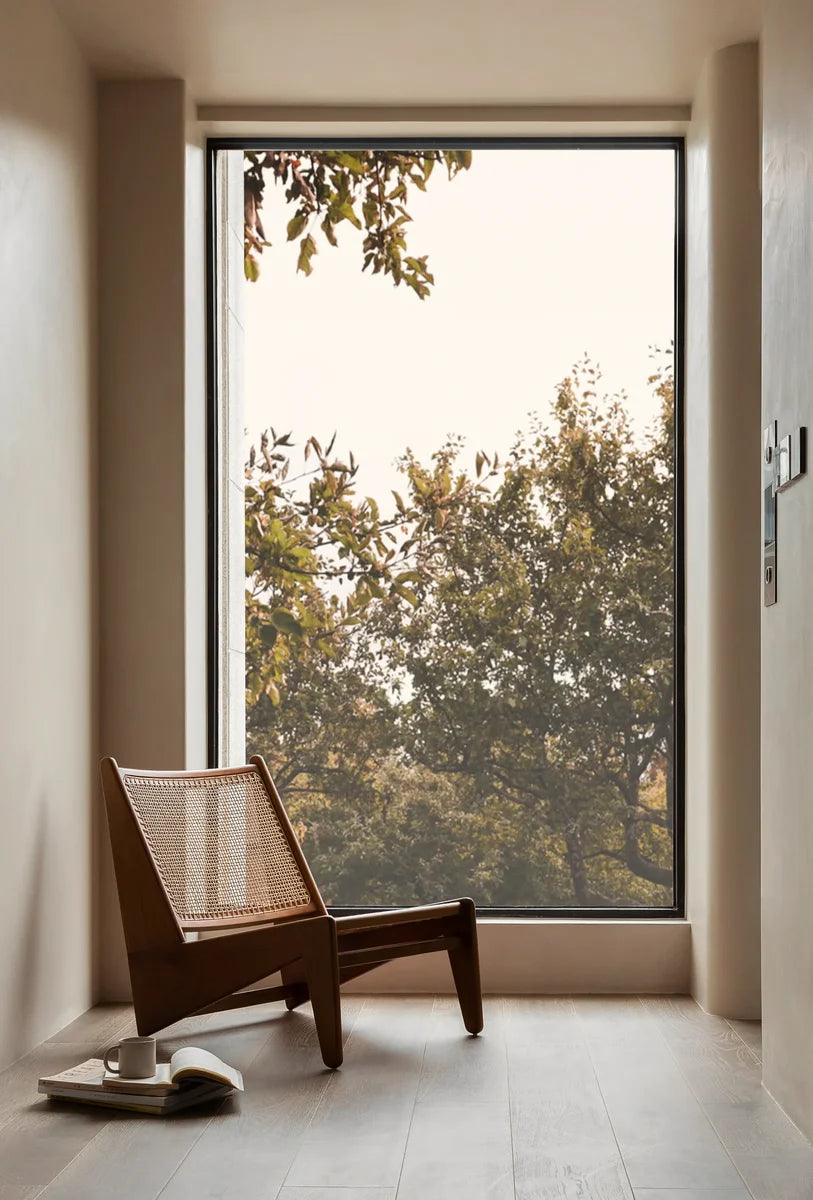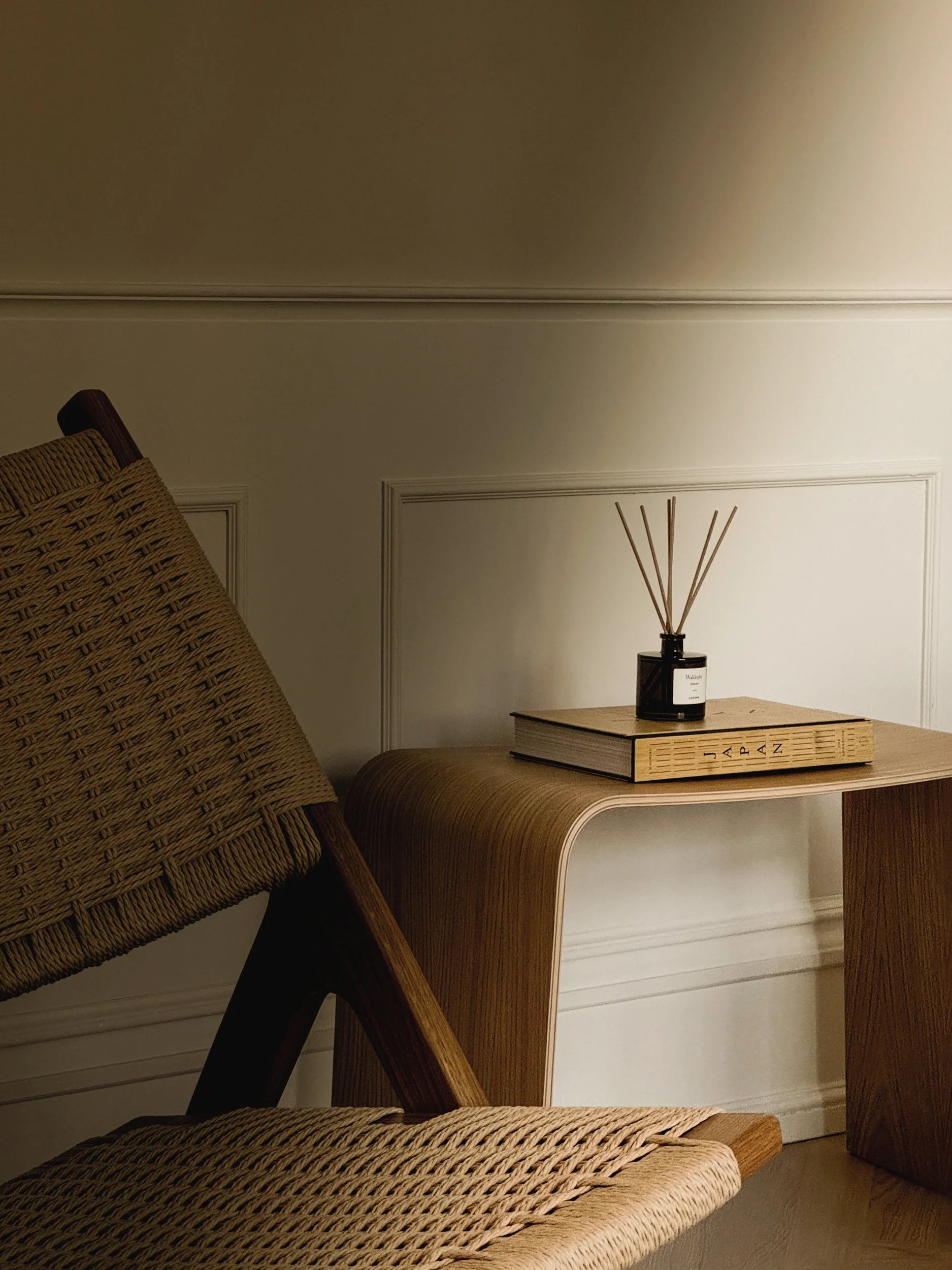
Wabi-Sabi
True beauty is not perfect. On the contrary.
Wabi-sabi is a feeling - not a concept. And that is precisely where its beauty lies. It arises when something doesn't have to be perfect - and is touching for that very reason. When simplicity is enough. When the ephemeral has its own value.
Let yourself be taken along - through thoughts and spaces:
What is Wabi-Sabi?
A thought that began with a bowl of tea.
In everyday life - how do I live Wabi-Sabi?
At home - when the imperfect is allowed to work.
Wabi-Sabiin the light of a scented candle.
What is Wabi-Sabi?
Wabi-sabi is not an interior trend. It is a view of the world. A quiet, clear view - that loves simplicity. The ephemeral. That which remains when nothing more needs to be added.
The term comes from Japan and combines two attitudes:
Wabi describes the beauty of simplicity - the little that is enough.
Sabi recognizes the value in the living - in things that are allowed to grow old.
Both together leave room for that which is not perfect - and therefore touching. Wood that bears traces. Stone that breaks irregularly. Linen that is soft to the touch. Wabi-Sabi recognizes in such materials not only their form - but their history.
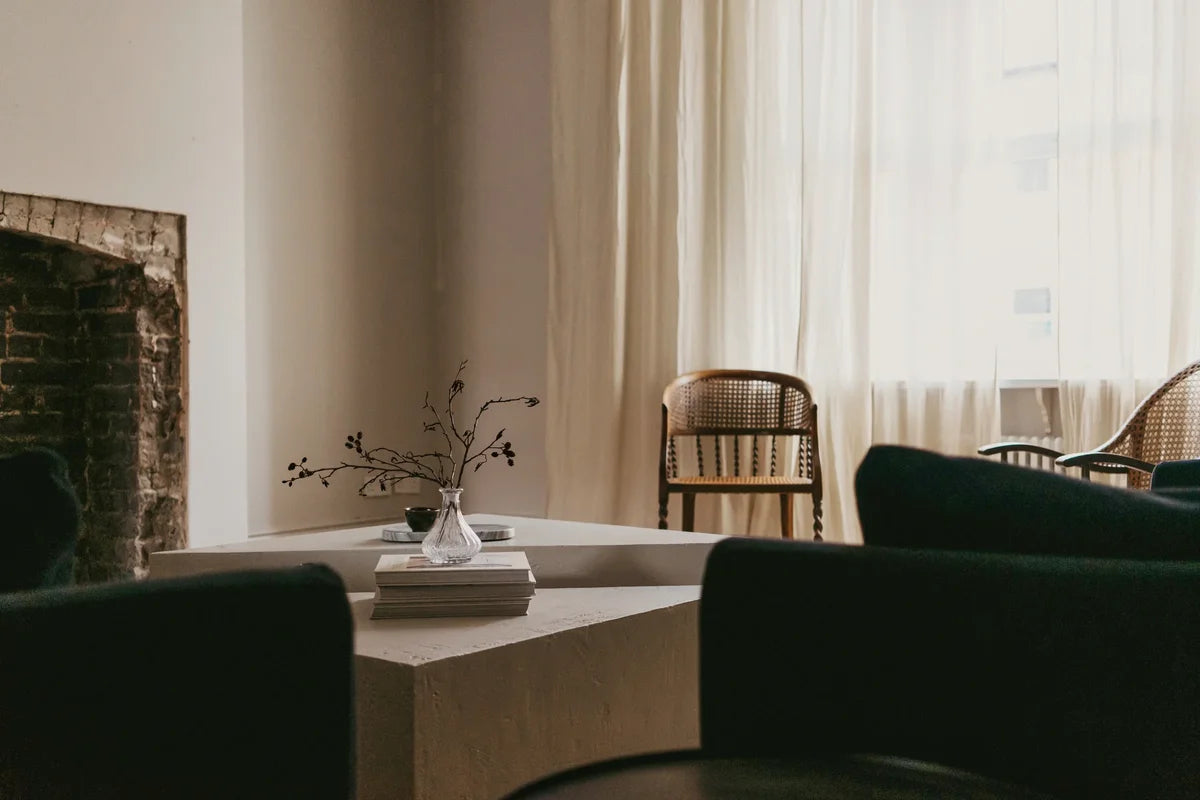
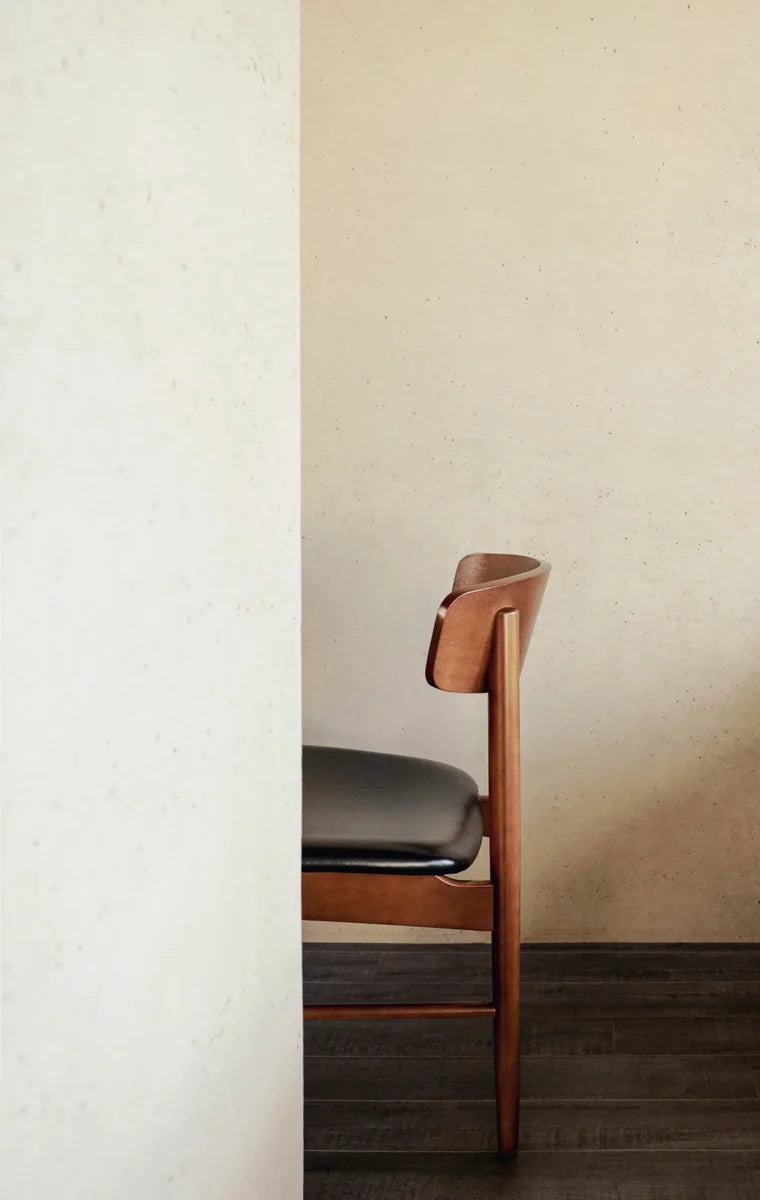
A thought that began with a bowl of tea.
The origins of wabi-sabi lie in Japanese tea culture. In the 16th century, the Zen monk Sen no Rikyū coined this view of things. For him, beauty did not lie in splendor. But in stillness. In a rough tea bowl. In a room that has nothing to prove.
Even today, wabi-sabi plays a role in Japan - quite naturally, without any big words. The term itself is hardly ever used. But what it means lives on - in the way it is designed, lived and preserved.
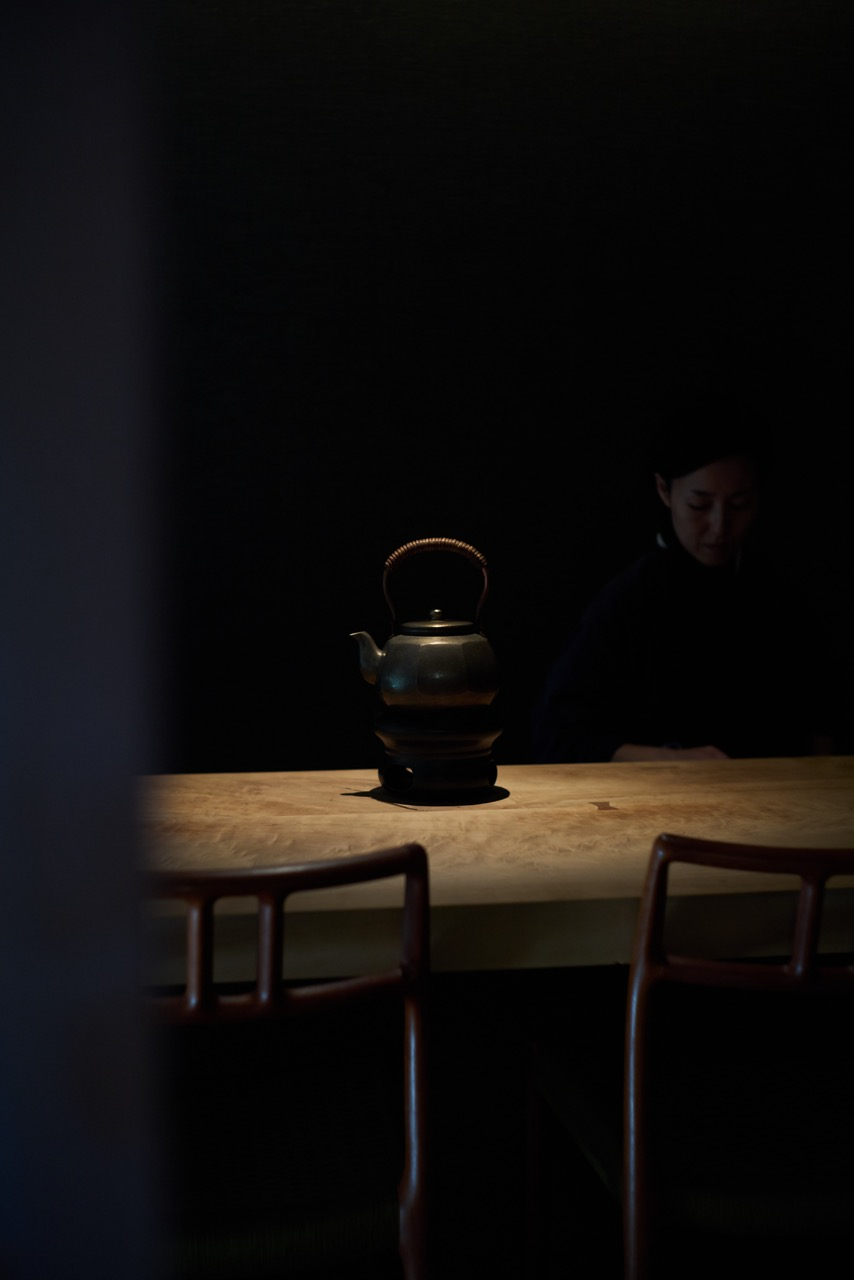
It can be found in architecture. In gardens that let time take its course. In craftsmanship that doesn't have to be perfect to be appreciated.
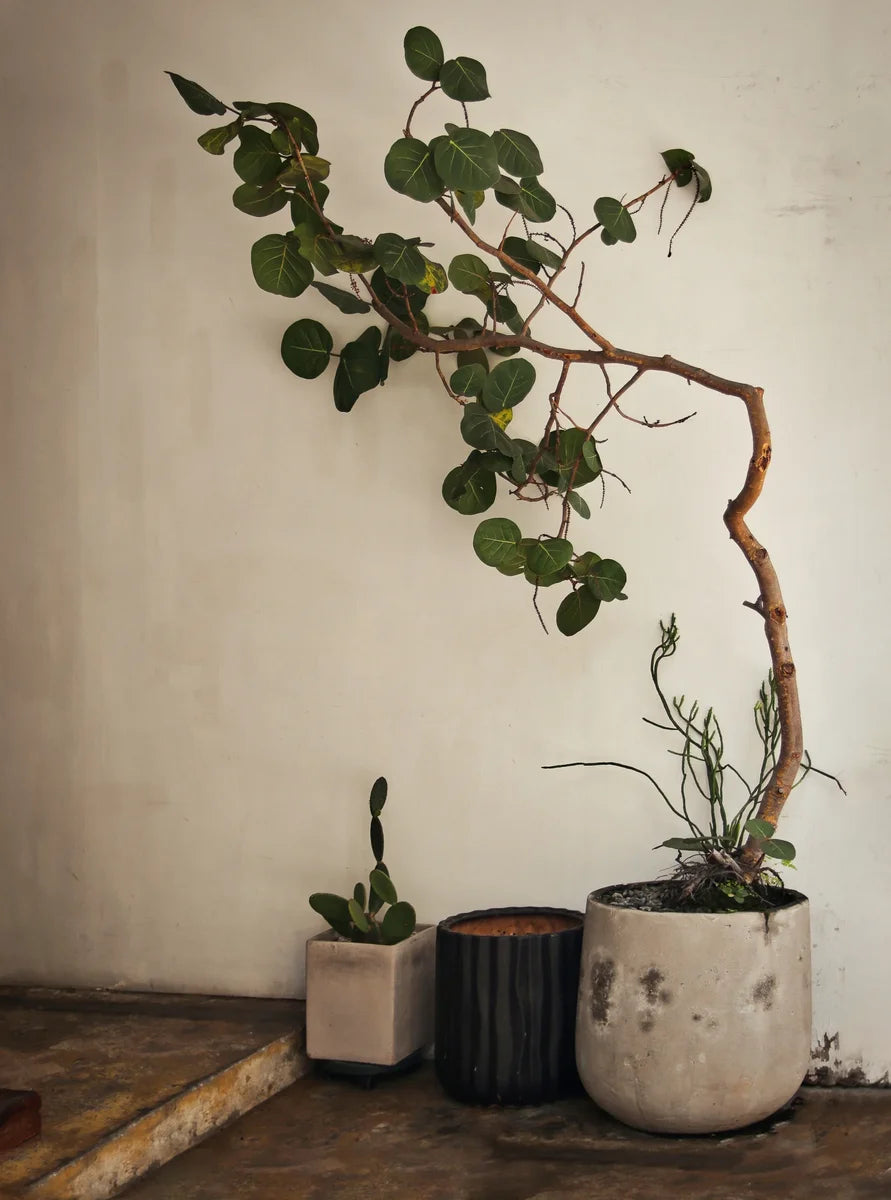

It can be found in architecture. In gardens that let time take its course. In craftsmanship that doesn't have to be perfect to be appreciated.

In everyday life - How do I live Wabi-Sabi?
These four thoughts will give you orientation:
1. wabi - the art of finishing.
Wabi invites you to concentrate on the essentials. Spaces that are not overcrowded. Things that don't demand attention, but give you peace. What remains is allowed to work quietly - and unfold its power precisely in this way.
2. sabi - the beauty of the lived.
Sabi recognizes the value of time. In things that bear traces. In objects that mature - over the years. A wooden table that shows scratches and light spots tells stories. What remains becomes valuable.
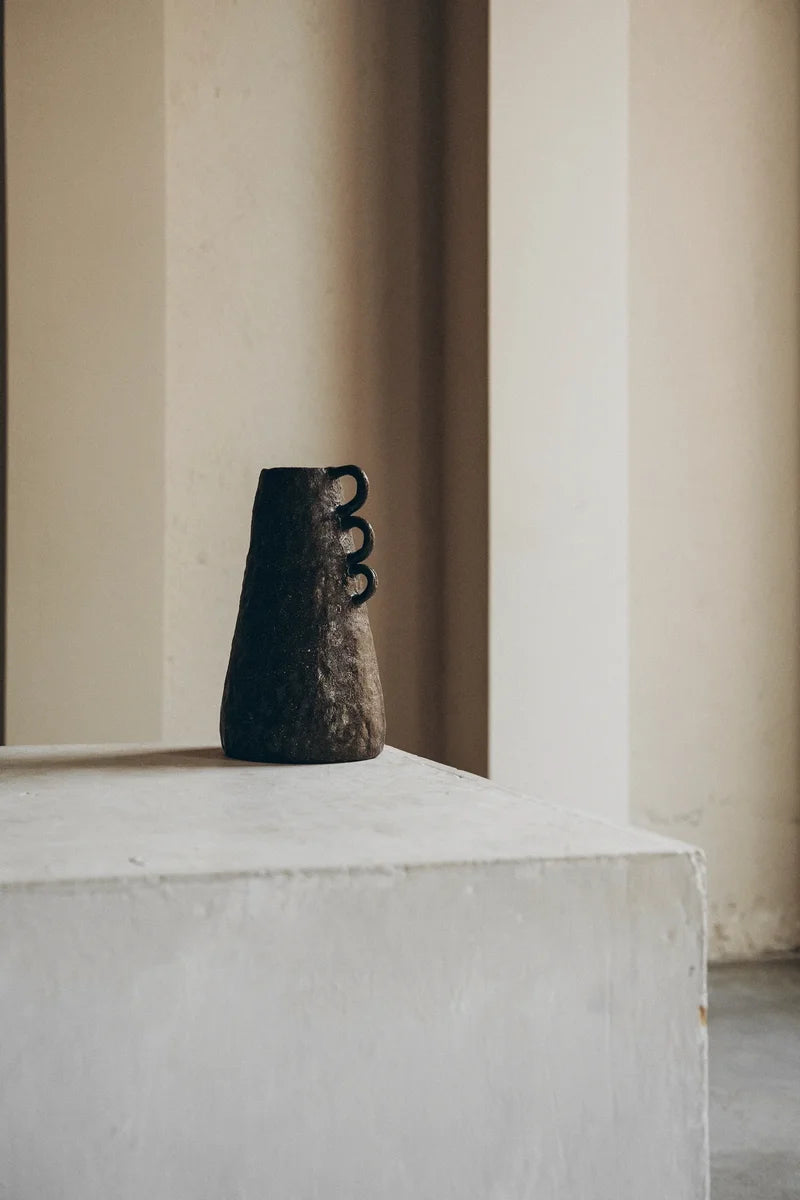
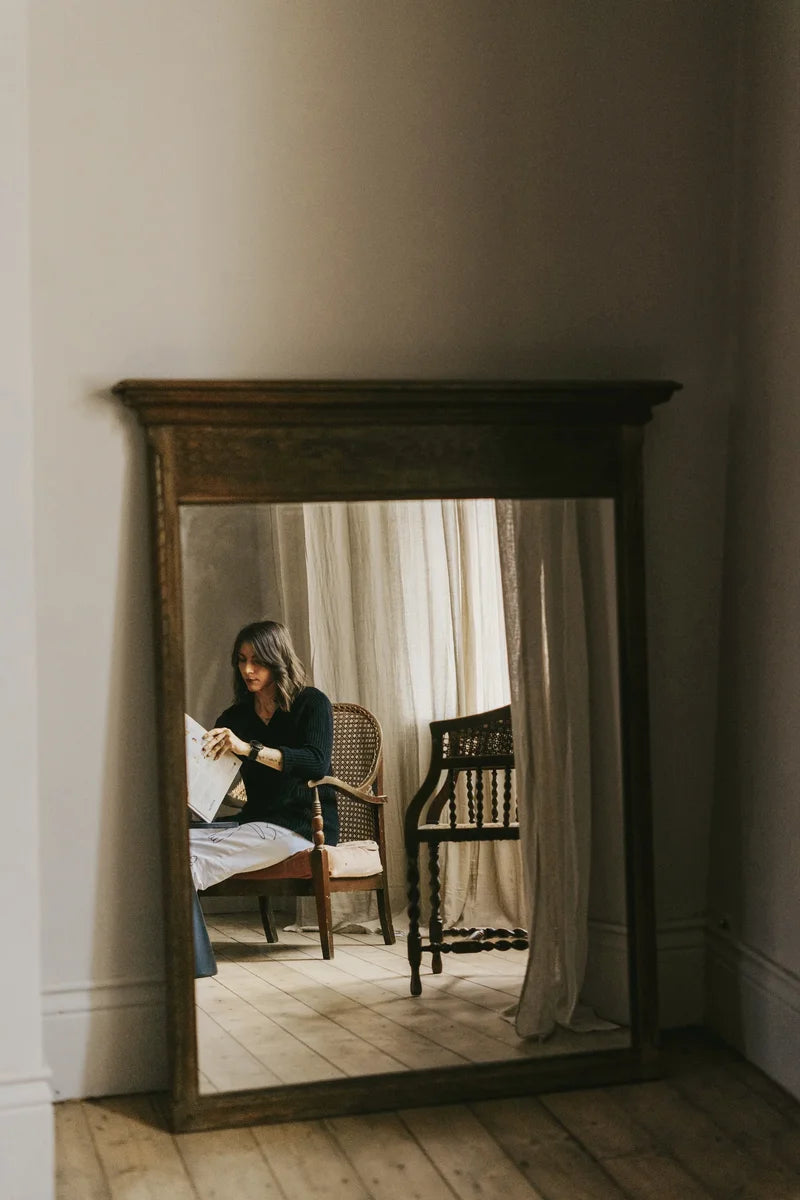
3. naturalness.
In connection with what lives. Linen, wood, stone, ceramics. Materials that come from nature and are allowed to age with it. Surfaces that feel real. Shapes that are not perfect - but are touching for precisely that reason.
4. mindfulness.
Own less, feel more. Wabi-sabi also means letting go. Keeping only what is really important to you. What you like to use. What does you good. Everything else can fade into the background. What remains becomes important.
At home - when the imperfect is allowed to work.
A room with a wabi-sabi feel is reduced, but not cool. It appears calm because not everything demands attention. Because not everything needs to be explained. And because what is there has been deliberately chosen.
Natural materials play a central role here. Linen that is allowed to wrinkle. Wood that glows warmly - from light maple to soft oak. Alluvial wood that has been shaped by water and time. Stoneware that is not quite evenly fired.
The colors also follow nature: warm beige, soft grey, delicate natural white. Sometimes a muted green. Everything remains quiet - but lively.
The shapes are organic, never completely straight. Edges can be round. Lines are soft.
And the light? Adds to it. It wanders over wood, meets stone, gets lost in a linen cloth. Sometimes clear, sometimes subdued - but always in motion.
Wabi-Sabi does not mean having less. It means choosing more consciously. Fewer things. More feeling.
Wabi-Sabi in the light of a scented candle.
The quiet clarity of Wabi is reflected in the simplicity of its form - and in the care with which every detail is chosen. Natural materials. Pure plant wax. Essential oils that remain unadulterated
Sabi becomes tangible when the candle burns. When the wax changes. When traces remain. A little different every time - and therefore special.
Limit everything
to the essentials,
but don't remove the poetry.
Limit everything
to the essentials,
but don't remove the poetry.

